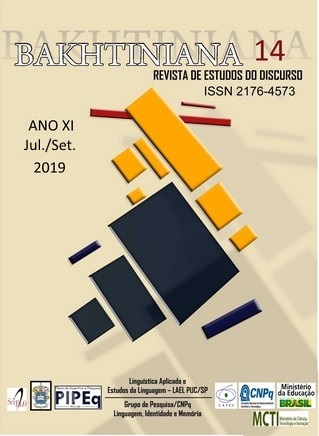Bakhtin's Bodies
Keywords:
Body, Bakhtin, PhilosophyAbstract
Bakhtin’s thinking, early and late focused upon images of the human body. A body is a thing understood by looking at it: to see is to know. This ‘looking’ has nothing of the objectivising qualities of what is known today as the ‘gaze’. Bakhtin’s early philosophy is based on a compassionate engagement whereby one person helps another see and know themselves as a whole, and moreover, as a loved whole. As limiting as it is, I shall argue his early conception of the body still has much value. The argument then turns to Bakhtin’s later and much more familiar images of the grotesque body. While his early body is static, now we see the body engaged in a tumultuous and unending interaction with its social and natural environment. Was this an anti-Soviet allegory, or an alternative vision of the human body that reaches back into pre-history? I offer two illustrations in defence of the idea that this was indeed a philosophy of the body.








